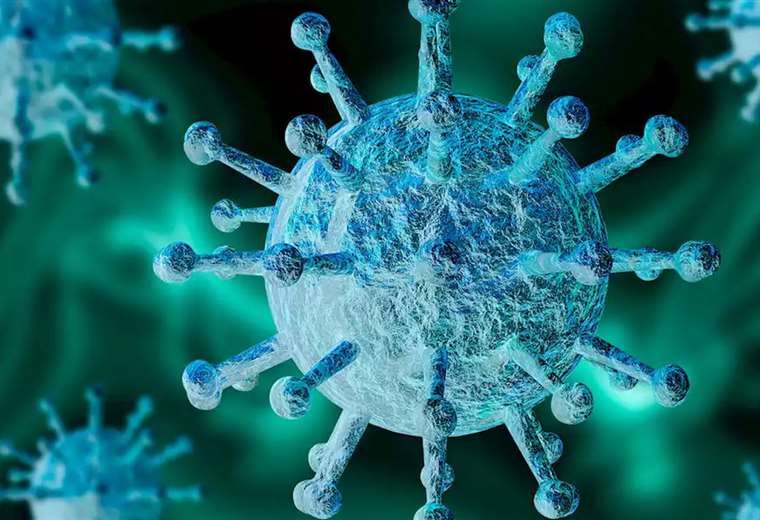September 11, 2022, 12:27 PM
September 11, 2022, 12:27 PM
The vaccines that have been used so far do not protect well against the omicron variant of SARS-CoV-2. But a group of scientists claims to have produced an antibody that could lead to new, more effective inoculants.
Although to date experts have developed vaccines that offer a significant level of protection against the development of a Covid-19 severe, SARS-CoV-2, and especially its more recent variants, such as omicron, have proven to be more difficult to stop. The virus continues to spread and infect people, even among those who are vaccinated with booster doses.
The first generation of vaccines has helped us produce antibodies that fight infection fairly efficiently or reduce the severity of cases. But those antibodies are less effective against the new variants.
They help fight infection
Our immune system naturally produces antibodies when it identifies a virus in the body. Vaccines can also help us produce them, for example, by replicating parts of the virus that allow our immune system to be warned of danger, such as the spike protein in the case of coronavirus.
But, as we have seen, SARS-CoV-2 can bypass that line of defense. That is why scientists are looking for new antibodies that are more effective, and they found them. Specialists at Boston Children’s Hospital in Massachusetts (United States) say they have discovered an antibody that could be capable of fighting all strains and variants of SARS-CoV-2.
That could be useful for monoclonal antibody therapies, as a treatment for people infected with COVID, and perhaps later in the development of new vaccines. These findings were published in the journal Science Immunology.
Antibodies in a humanized mouse
Humanized mice, which are also used to search for antibodies in HIV research, were vital in this study. Mice are “humanized” by injecting them with a solution containing human gene segments, which makes their immune systems work like ours, and produce antibodies like human ones.
After humanizing the mice, the scientists exposed them to SARS-CoV-2. The mice’s immune systems produced antibodies in response to the virus, and the scientists measured those immune responses to see how well they protected or fought off different variants of the coronavirus.
The experts were surprised to discover that one of the antibodies produced in the mice was capable of neutralizing (i.e. stopping) all known strains of SARS-CoV-2 (alpha, beta, gamma, delta and omicron subvariants, including the BA.5).
This is great news, since monoclonal therapies have already been tested in hospital settings against Covid, but have been ineffective against new omicron variants. And the same goes for vaccines. The European Medicines Agency approved two vaccines against omicron, but none that can be effective specifically against subvariants, such as BA.4 and BA.5.
New antibody called SP1-77
SARS-CoV-2 enters our bodies by attaching, or attaching, to a part of our cells called the ACE2 receptor. This is usually the first step in the chain of infection, one that antibodies aim to prevent or block. But this new antibody, called SP1-77, differs from the others because it stops the process at a later point, when the virus “fuses” with cell membranes.
“SP1-77 binds to the spike protein at a site that has so far not mutated into any of the variants,” explains Dr. Tom Kirchhausen, one of the study’s authors. “These properties could contribute to its broad and potent exercise”. The team of scientists say they are working on patents for the “humanized” mouse and the SP1-77 antibody to develop a vaccine.
“Best strategy” against the pandemic
Thomas Boehm, director of the Max Planck Institute for Immunobiology and Epigenetics, called the study “great work,” in conversation with DW. “The research uses a smart detection strategy that allowed them to detect a highly useful antibody,” Boehm said.
Neil Mabbott, a professor of immunology at the University of Edinburgh, said the research results are promising, but more work is needed. “Further studies need to be done to determine if this monoclonal antibody can neutralize or kill different variants of the coronavirus and, more importantly, if it also protects animals or humans from infection,” Mabbott told DW.















